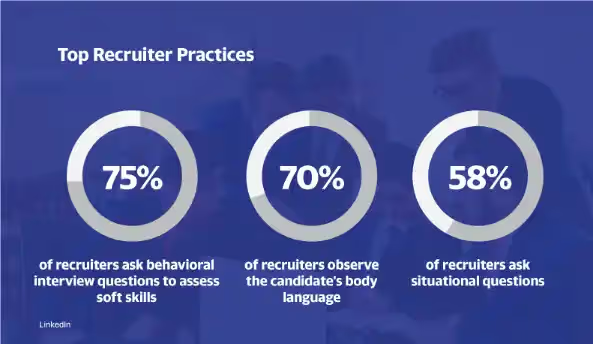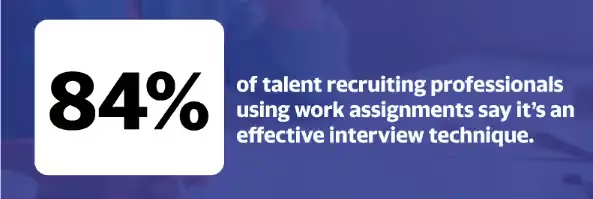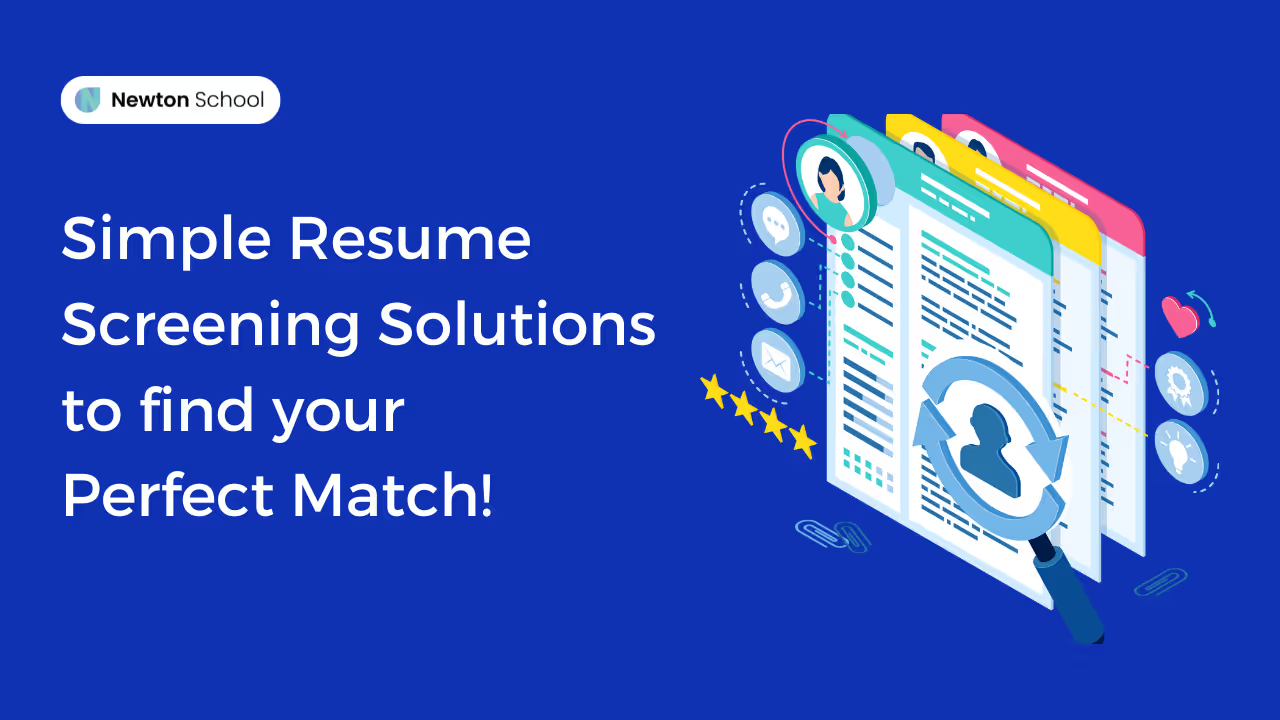
Did you know that job skill requirements have experienced a significant shift of at least 25% globally in the last five years? Moreover, this trend is expected to continue, with an estimated 41% change by 2025. This continuous evolution in the technology and industry landscape has resulted in significant changes to the requirements for achieving a successful job.
In the ever-changing realm of technology, a candidate's value goes beyond simple knowledge, they’ve moved beyond memorisation and fact-checking. It’s much like a chess game now. Just as a chess player plans multiple moves ahead to outsmart their rival, tech interviewers need a thoughtful strategy to ask the right questions and uncover a candidate's genuine capabilities.
So if you're a hiring manager, read on for insights that can help you ace your next tech interview.

Effective Tech Interviewing Techniques:
Tackling tech interviews can be challenging. Whether you're a startup aiming to hire your first developer or an established tech firm adding to your engineering team, having a solid interview process is important.
Let's look at a few techniques that can help you identify candidates with the right technical skills and the ability to apply them in practical situations.
Behavioural Questions:
A key aspect of a tech interview is to see not only what a candidate knows, but also how they've used this knowledge before. That's where behavioural questions can be useful. Behavioural questions ask candidates to discuss past experiences and how they've addressed certain situations. This can give a glimpse into their technical skills and how they approach problems.
Example Question:
"Can you share an experience when you faced a technical challenge and how you solved it?”
Asking this allows interviewers to understand:
- What type of technical challenges the candidate has encountered.
- How they go about solving problems.
- Their communication skills when explaining technical situations.

Coding Challenges:
While behavioral questions offer a look into a candidate's past experiences, coding challenges provide a real-time assessment of their current technical abilities. Why Use Coding Challenges? Tech keeps changing. Someone skilled in technology from five years ago might not be updated with the latest trends. Coding challenges help check if a candidate's skills are still relevant.
There are several platforms available that offer pre-made coding challenges. Alternatively, you can craft custom challenges that mirror the tasks or problems your company frequently encounters. However, when crafting these challenges, it's crucial to ensure:
- The problem is clear and well-defined.
- The candidate has all the necessary tools and resources.
- You offer a comfortable environment, allowing the candidate to showcase their true abilities.
Technical Discussions:
In the tech industry, the interview process often requires more than just an evaluation of a candidate's resume or a demonstration of coding skills. It demands a deeper exploration into the depth and breadth of a candidate's understanding of core concepts. Asking them about their understanding of specific algorithms, data structures, or programming languages can be helpful here.
Situational Questions:
Situational questions present hypothetical, job-related situations to candidates. They gauge a candidate's technical abilities in real-world scenarios. For instance, asking, "How would you address a specific error or bug?" provides insight into their practical knowledge. Simple yet effective, these questions can be useful in understanding a candidate's readiness for on-the-job challenges.
Few tips to ace tech interviewing:
Start Basic: Before diving deep, make sure the candidate knows the foundational concepts. This helps set the stage for more complex discussions.
Open-Ended Questions: Don’t just ask yes or no questions. Instead, use questions that make the candidate think and explain. This shows how they approach problems and think critically.
Listen Actively: Focus on what the candidate is saying. This not only shows respect but also ensures you catch every detail they share, which can be crucial in evaluation.
Stay Positive: Not everyone will know every answer, and that's okay. Be patient and give them time to think. If they don’t know, encourage them or guide them to the answer instead of shutting them down.
Be Consistent: To be fair, ask all candidates the same questions. This way, you can compare their answers properly. Judge everyone based on the same criteria, so the evaluation is unbiased.

Do you know at Newton School, our students ace it with industry-lead mentorship, 50+ hours of soft skills training and preparation through mock interviews with 960+ hours of code?
If you're on the hunt for young and talented tech professionals, whether for software development or data science roles, Newton School has a pool of ready-to-join candidates. And the best part? Hiring from us won't cost you a dime.
Interested? Give us a call at 9606907486 or explore more at Newton School



.avif)
